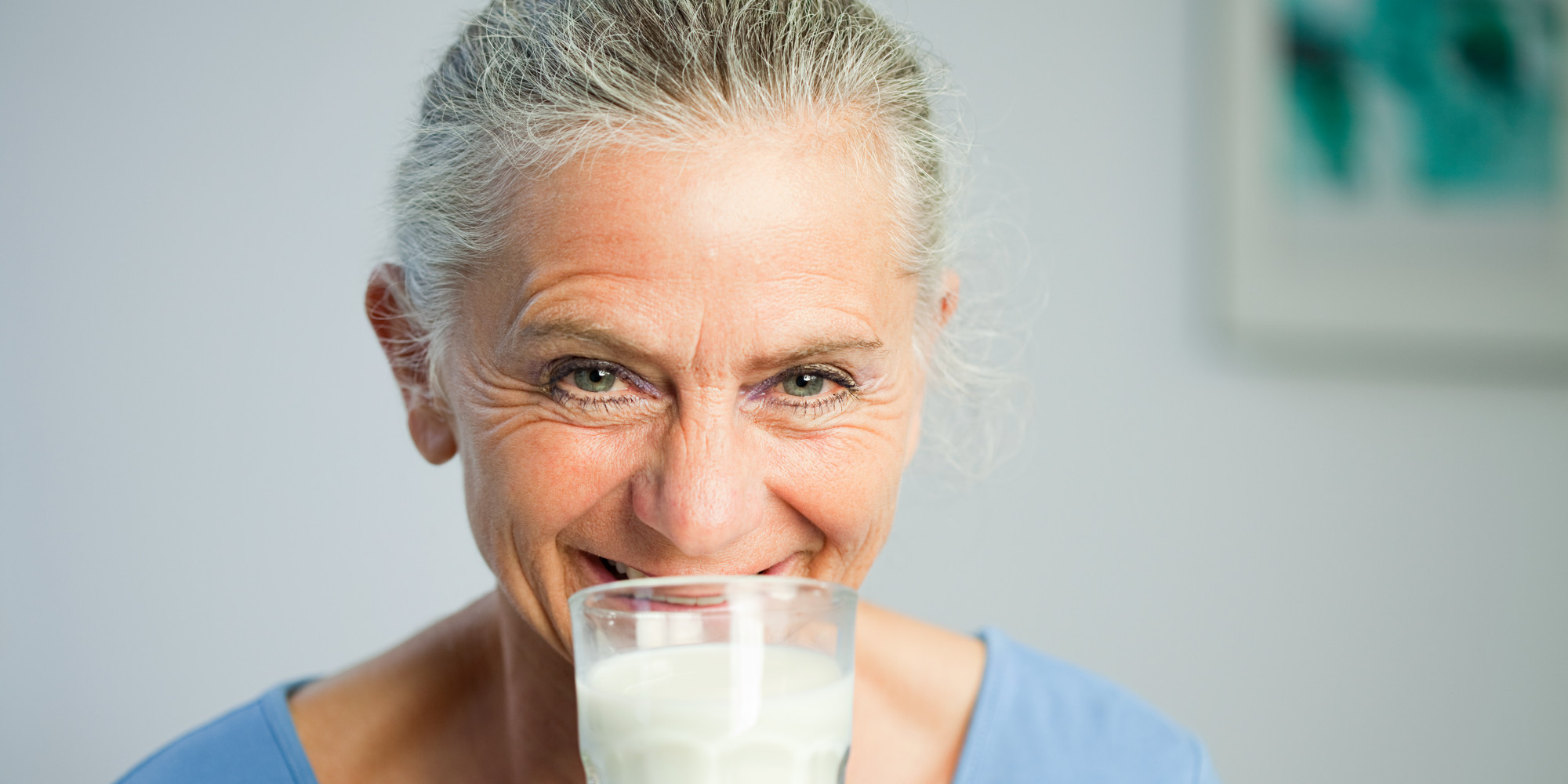Bone health doesn’t start with milk
Does milk really build better bone?
The old adage is as true in medicine as it is in politics: Follow the money.
If you want to get to the bottom of too-good-to-be-true research, just look at where the cash is coming from.
And in the latest research on bone health, you might say the cash is flowing like milk at a dairy!
The study finds that folks who drink more milk, eat more dairy products and take vitamin D supplements have stronger bones.
Specifically, older folks with the highest overall dairy consumption who also take D supplements have higher bone mineral density in the spine, which is a critical measure of bone health.
They also lose less bone in the hip as they age, cutting the risk of a fracture and the painful disability that often follows.
But while that sounds good, don’t go chugging milk just yet.
Remember what I said about following the money?
The study didn’t make much sense to me, since dairy is actually NOT the great source of calcium it’s been made out to be. Studies even show that folks who consume the highest levels of milk often have WEAKER bone.
So, I followed the money trail, and I found that the lead researcher behind this study is in so tight with Big Dairy that she’s practically milking the cows herself.
Shivani Sahni reported receiving grants from Dairy Management Inc., which is not exactly an institute dedicated to science. According to its official description, it “was created by dairy farmers to help increase demand for dairy products.”
Yes, friend, it’s about marketing… not science.
She’s also a member of another industry-backed group, the National Dairy Council’s Nutrition Research Scientific Advisory Committee.
Trusting a “study” with that kind of cash behind it would be like drinking more beer because Budweiser says it’s good for you!
Sahni’s connections don’t end there, either. She’s even close with dairy’s best friend: cereal. Her disclosures list grants from the General Mills Bell Institute of Health and Nutrition.
Yes… THAT General Mills, the one that makes everything from Cheerios to Lucky Charms.
So, here’s the objective truth behind milk: It’s great… if you’re a baby cow.
For a human, it’s one of the biggest sources of food sensitivities out there. Close to a quarter of all Americans are allergic, and millions more suffer from milder — but still unpleasant — reactions.
All told, some 60 percent of us have at least some problem with dairy!
It’s better to get your calcium from other sources, including greens such as collard greens and kale as well as nondairy milk substitutes, some of which contain more calcium than milk! (For a full rundown on your options, see this month’s issue of my Health Revelations newsletter.)
That said, there’s one thing the new study does have right: Your calcium, no matter where you get it, is practically worthless without vitamin D.
Make sure you’re getting both.









Recent Comments